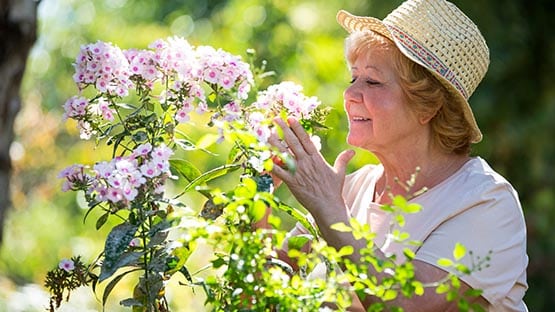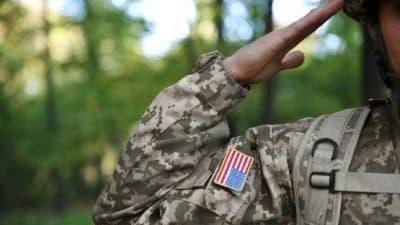
– stock.adobe.com)
Your next-door neighbor, your child’s classmate, your waiter at the next restaurant where you eat dinner.
Members of our community who live with food insecurity are the individuals you least expect because they are working.
September is Hunger Awareness Month, a time to build awareness of food insecurity.
Michael McKee, CEO of the Blue Ridge Area Food Bank said the reality of food insecurity is that it is largely visible in the 25 counties the organization serves, yet remains hidden because individuals are employed. “They’re in every industry, but are unable to make ends meet, and that’s especially true now during a time of such high inflation,” he said.
Before inflation and the COVID-19 pandemic, McKee said food insecurity was already a problem because of the high cost of living in the Valley, especially childcare and housing costs.
“A lot of the households we serve are led by single mothers,” he said. If a single mother makes $20 per hour, has two children and no after-school care available, $20 an hour does not go very far. Rent is probably taking half of her paycheck each month also. “So, it’s a real struggle for people who are working and who have children.”
Of the 55,000 households the food bank serves right now, 1/3 report someone in the home is employed. McKee said the number of employed is probably higher. And 10 to 12 percent are senior members of the community.
“It’s really a pretty significant number of people who are trying to do everything right, earn their way through this world but are unable to put enough food on the table for their families,” McKee said.
September is the time to build awareness of food insecurity and take even one small, simple step in your community to help your neighbors. The food bank welcomes food and monetary donations, volunteers, neighborhood food drives, whatever community members are able to do to help those who live with food insecurity. The food bank’s social media shares information on how to help.
In a big picture view of food insecurity, McKee said that before the Great Recession, the food bank recorded 70,000 visits per month in 2007 at its 200 food pantries and soup kitchens across the Valley. During the recession, in 2012, the food bank reported 120,000, and before 2020, 103,000 visits per month.
“What’s striking, of course, is that it never got to pre-recession lows,” McKee said. Then the COVID-19 pandemic lockdown when the food bank reported 148,000 visits between February and May of 2020. Now about 110,000 visits are reported each month at food bank facilities. “You can see these huge surges that come with changes in economic conditions.”
The food bank’s network is led by nonprofits and dependent “on armies of volunteers to distribute food to our neighbors who are facing hunger.” In 2021, 22 million meals were delivered by food bank volunteers and staff. The food bank is “a huge enterprise and a huge safety net that is woven together by private citizens largely through their donations of time and money,” McKee said.
September is designated Hunger Awareness Month because fall begins and local food banks across the United States see an increased demand for food as individuals must spend more on electricity to keep homes heated in the cold months. McKee said that fall is also a time when certain industries slow down, including construction and agriculture, and employees face more financial challenges.
“We need to really build up our inventory to make sure that we have enough food on hand for those who need it,” McKee said.
Food donations are welcome at the Blue Ridge Area Food Bank, 96 Laurel Hill Road in Verona, as well as distribution centers in Winchester, Charlottesville and Lynchburg. However, McKee said, the best option is to go to the organization’s website and make a monetary donation. Four meals are provided for every $1 donated online.










